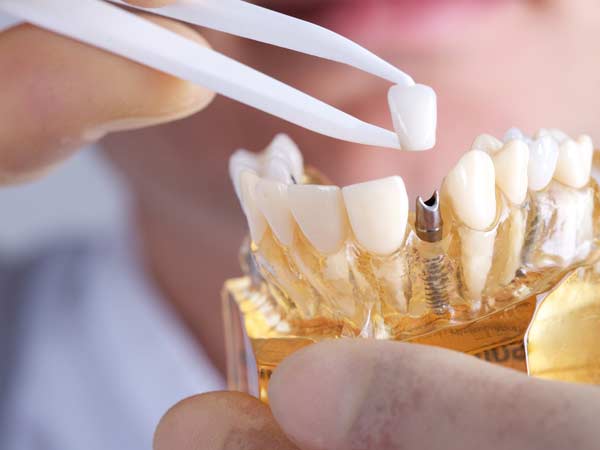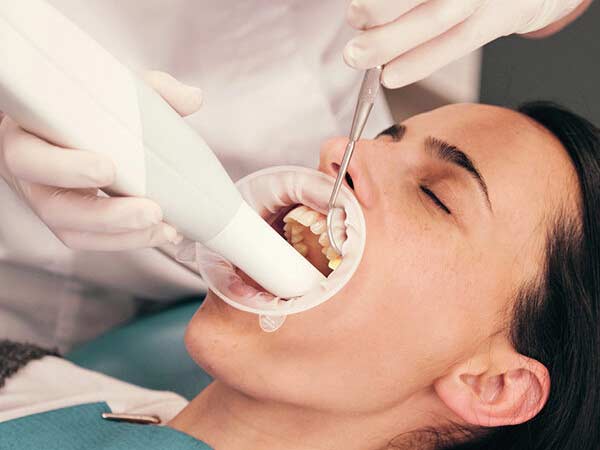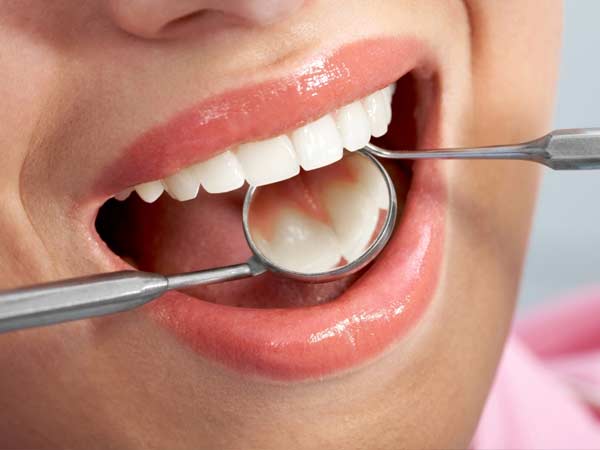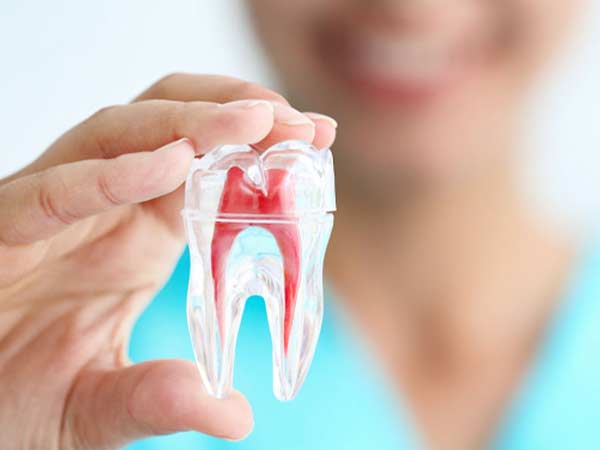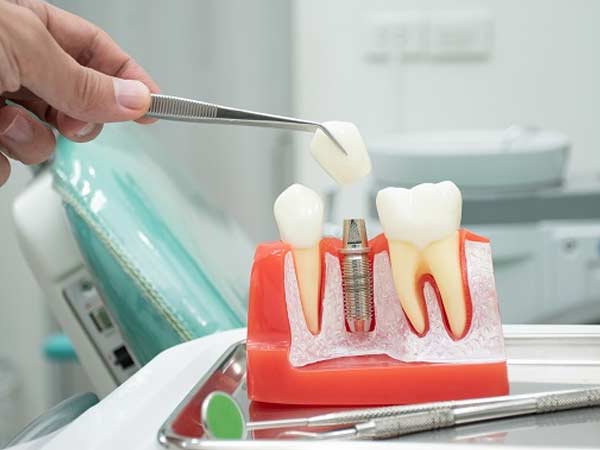Fluoride is a natural mineral that builds strong teeth and prevents cavities. Fluoride supports healthy tooth enamel and fights the bacteria that harm teeth and gums.
Fluoride is especially helpful if you’re at high risk of developing dental caries, or cavities.
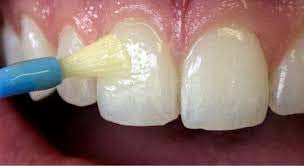
What happens during a professional fluoride treatment?

Dentists provide professional fluoride treatments in the form of a highly concentrated rinse, foam, gel, or varnish. The treatment may be applied with a swab, brush, tray, or mouthwash.
These treatments have much more fluoride than what’s in your water or toothpaste. They only take a few minutes to apply. You may be asked to avoid eating or drinking for 30 minutes after the treatment so the fluoride can fully absorb.
Always give your dentist your full health history so they can choose the right treatments for you.
Can fluoride treatments reverse tooth decay?
Fluoride treatments can indeed reverse early tooth decay.
A tooth’s outer layer of enamel either acquires more or loses some minerals every day. When the plaque acid eats away at the layer, this leads to a loss of minerals or demineralization. Too much demineralization can lead to tooth decay. Fluoride helps the teeth remineralize, which means it helps repair early decay and become stronger.
Fluoride treatments in children under the age of six means the mineral becomes incorporated into the development of their permanent teeth. As a result, their adult teeth grow stronger and more resilient. Children who have fluoride treatments have teeth that are less vulnerable to decay.
How much fluoride do you need?
The American Dental Association (ADA) recommends a professional fluoride treatment at your dentist’s office every 3, 6, or 12 months, depending on your oral health. If you’re at high risk for cavities, your dentist may also prescribe a special fluoride rinse or gel to use regularly at home.




